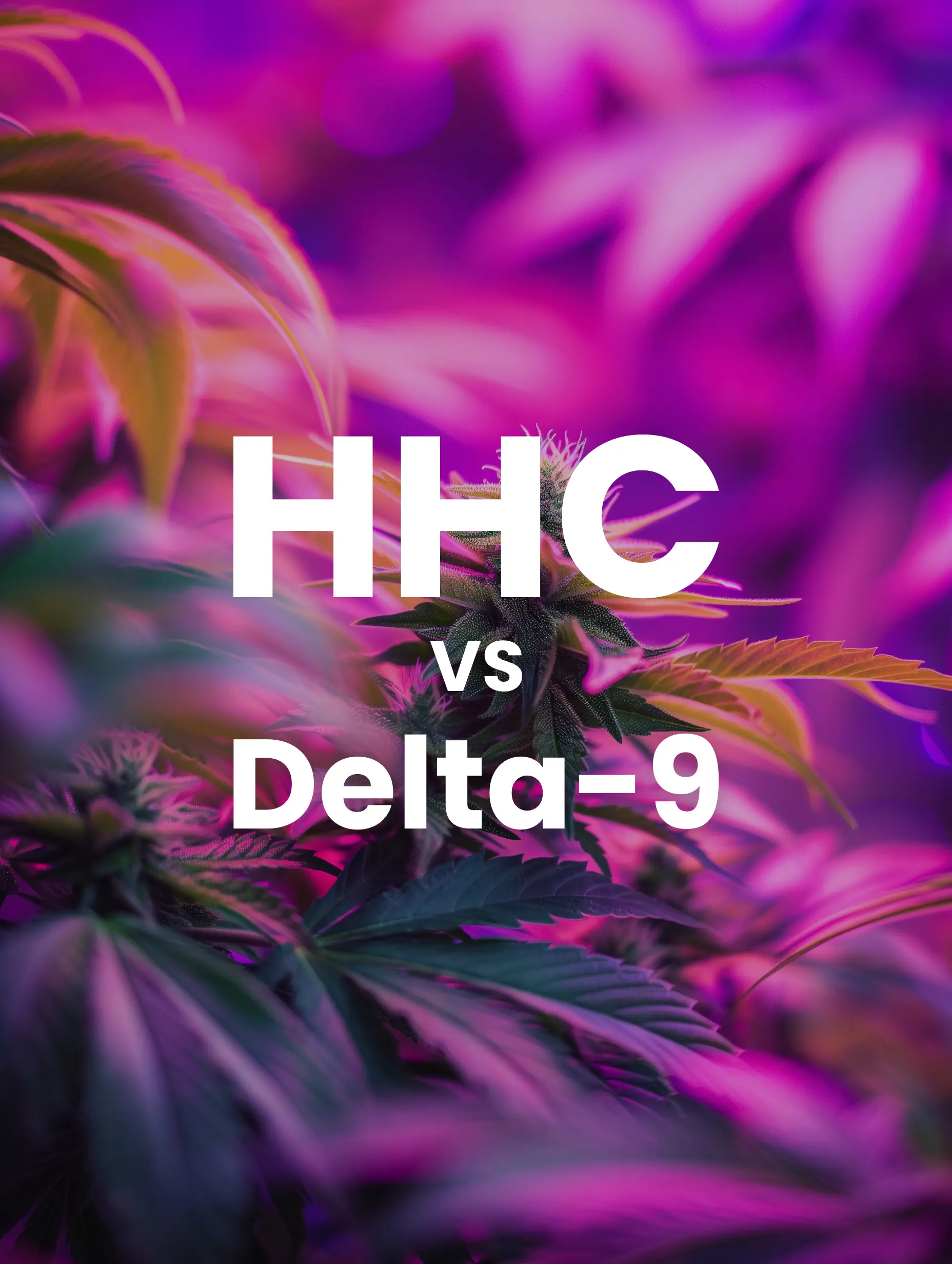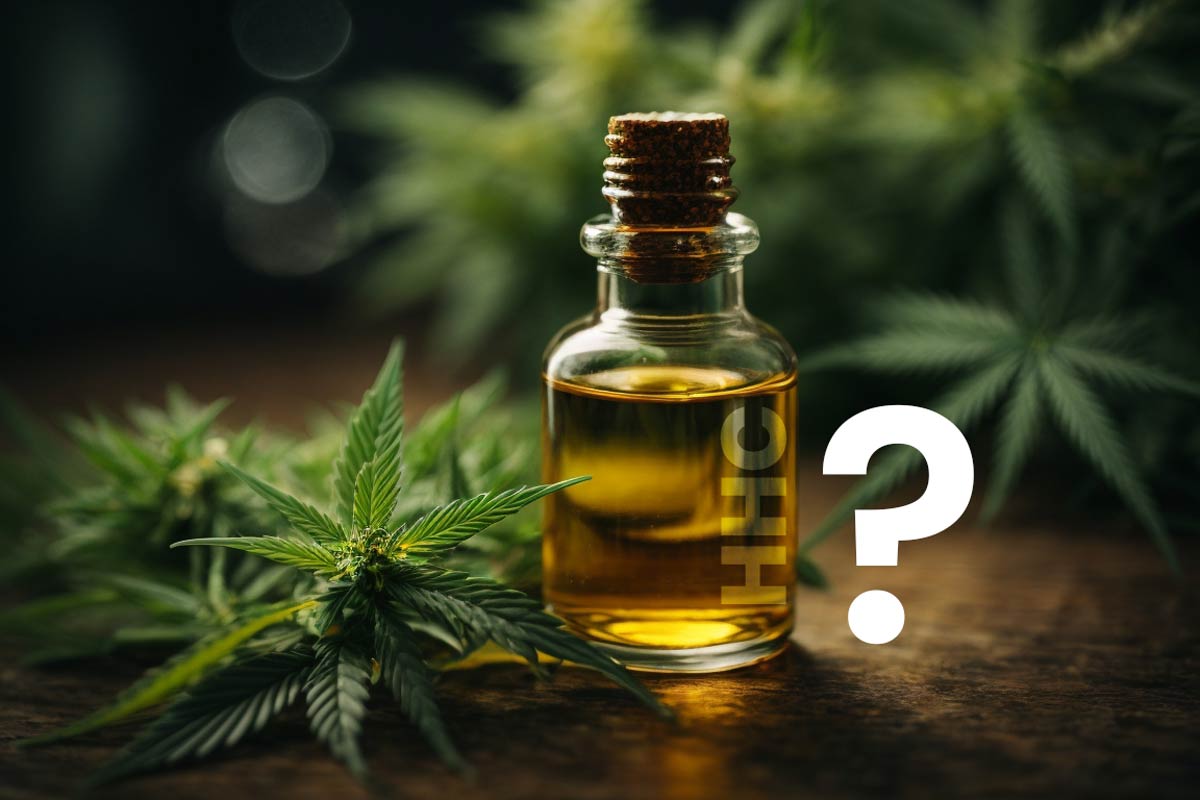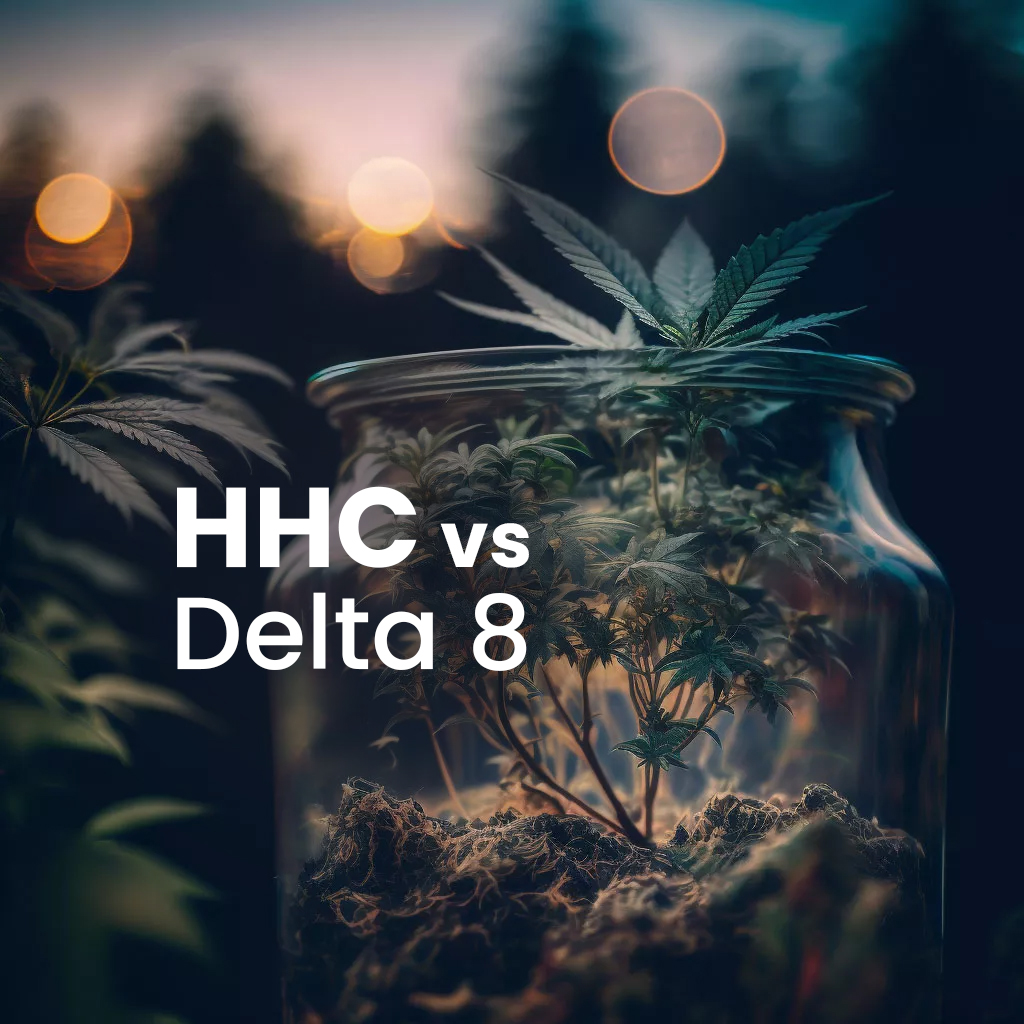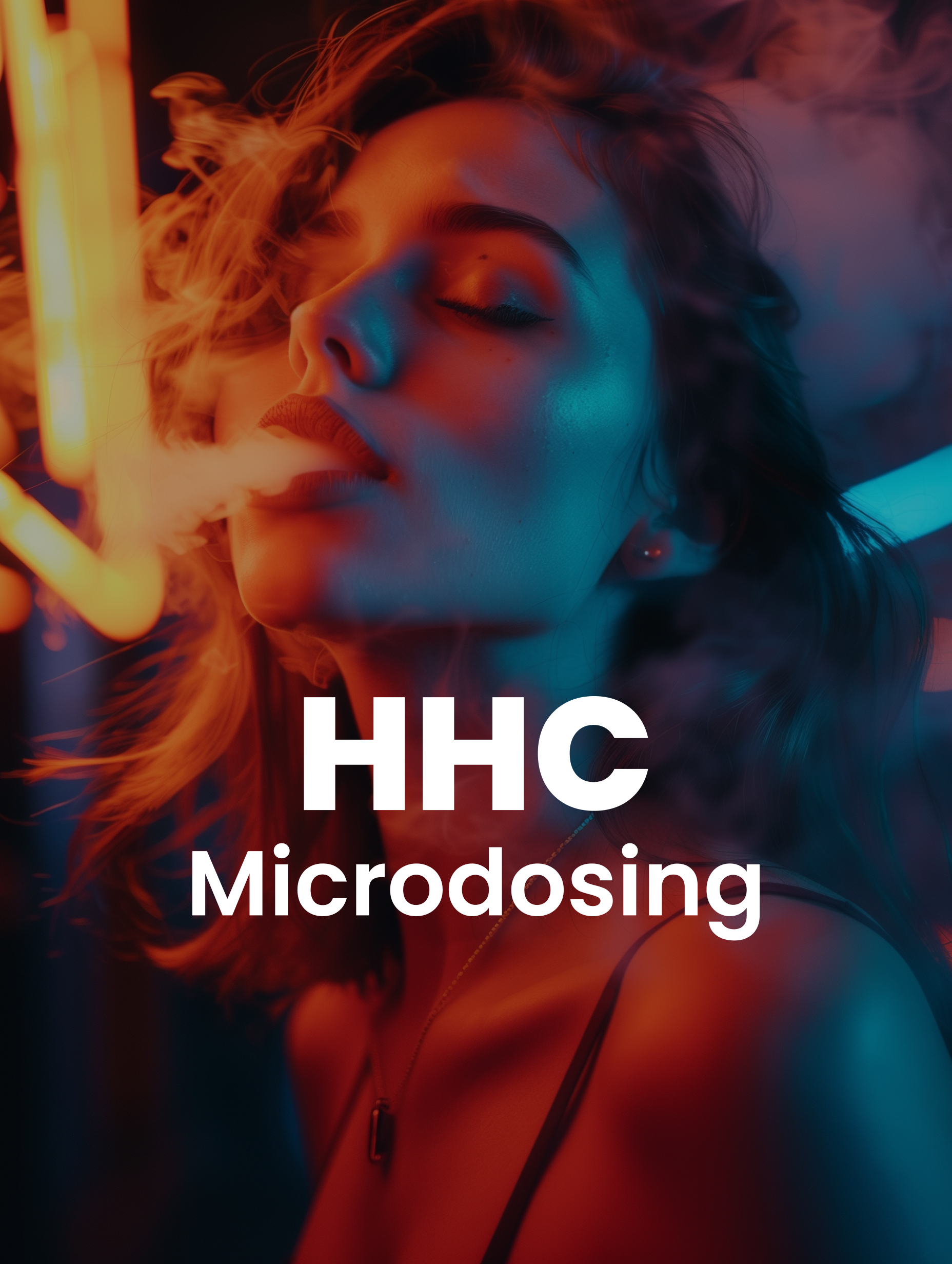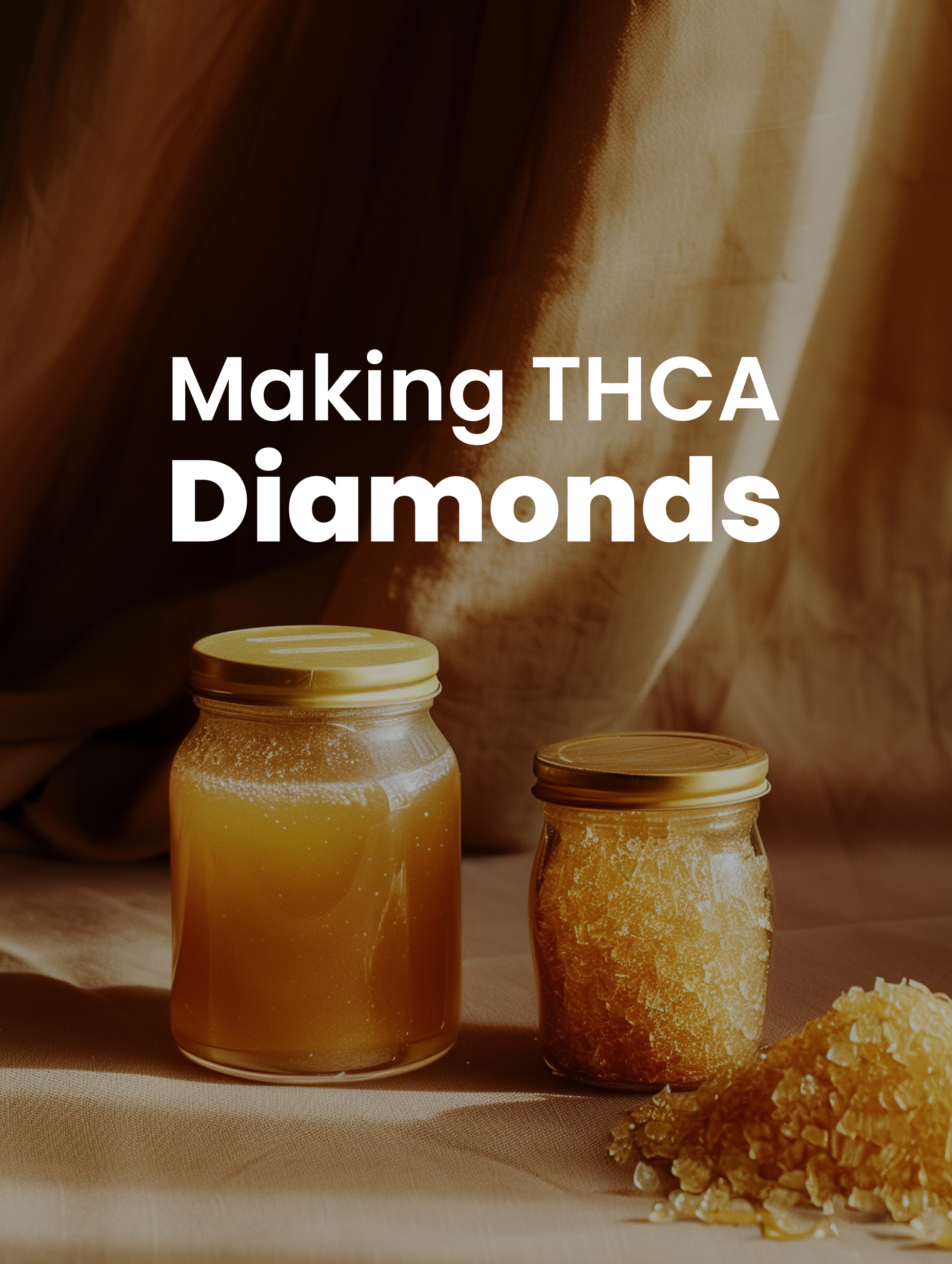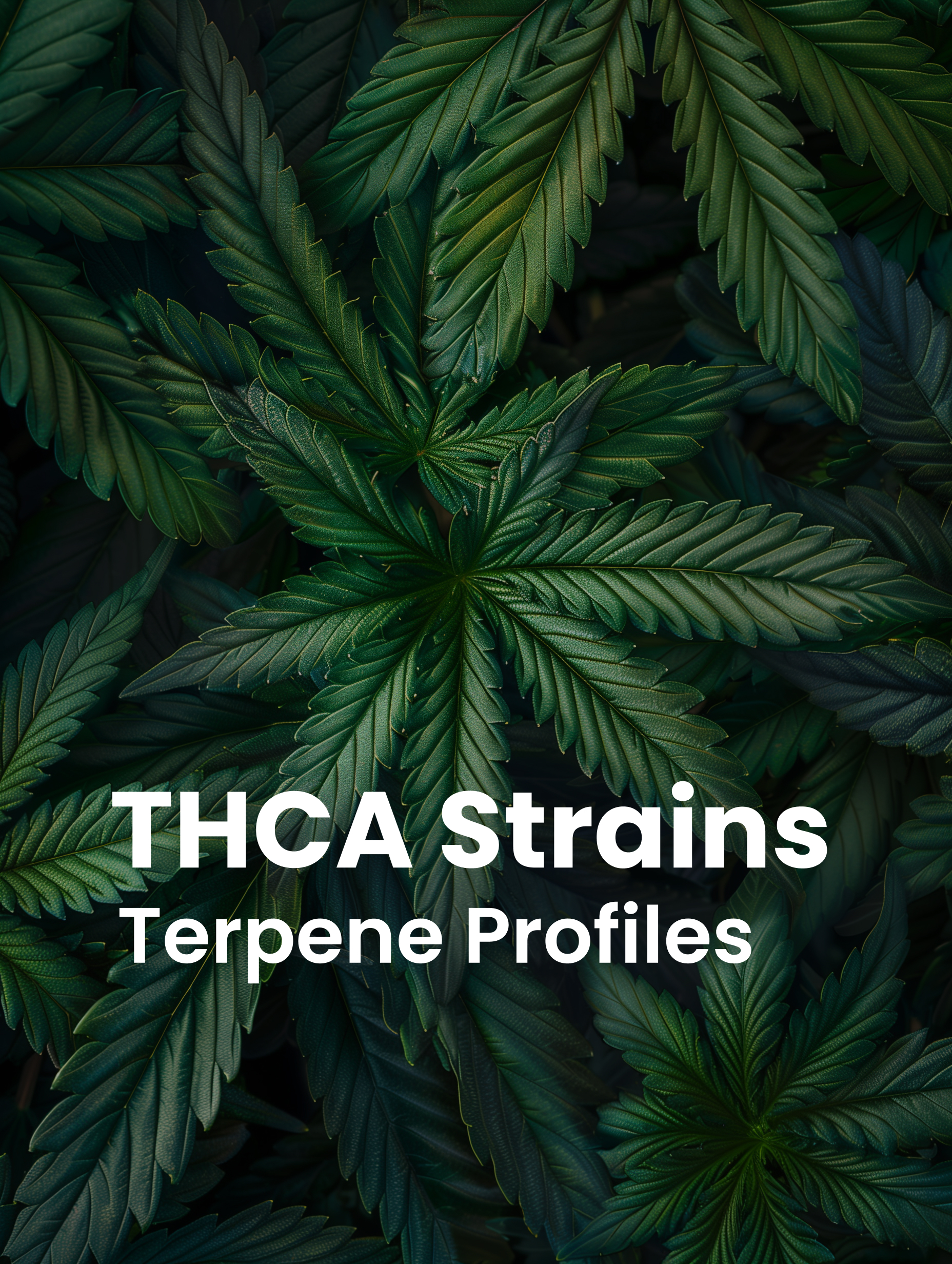HHC vs. HHCP vs. HHC-O: Complete Comparison
Hemp and cannabis products are getting way more popular lately. New types of cannabinoids are popping up that have unique effects. HHC, HHCP, and HHC-O are some of the latest ones making waves.
In this guide, we’ll check out where these new cannabinoids come from and what makes them different. We’ll compare how strong they are, what’s legal, and what users say about them. Our goal is to help you understand the details of these new hemp compounds.
Whether you’re new or experienced with cannabinoids, read on to learn about this exciting new part of the hemp world.

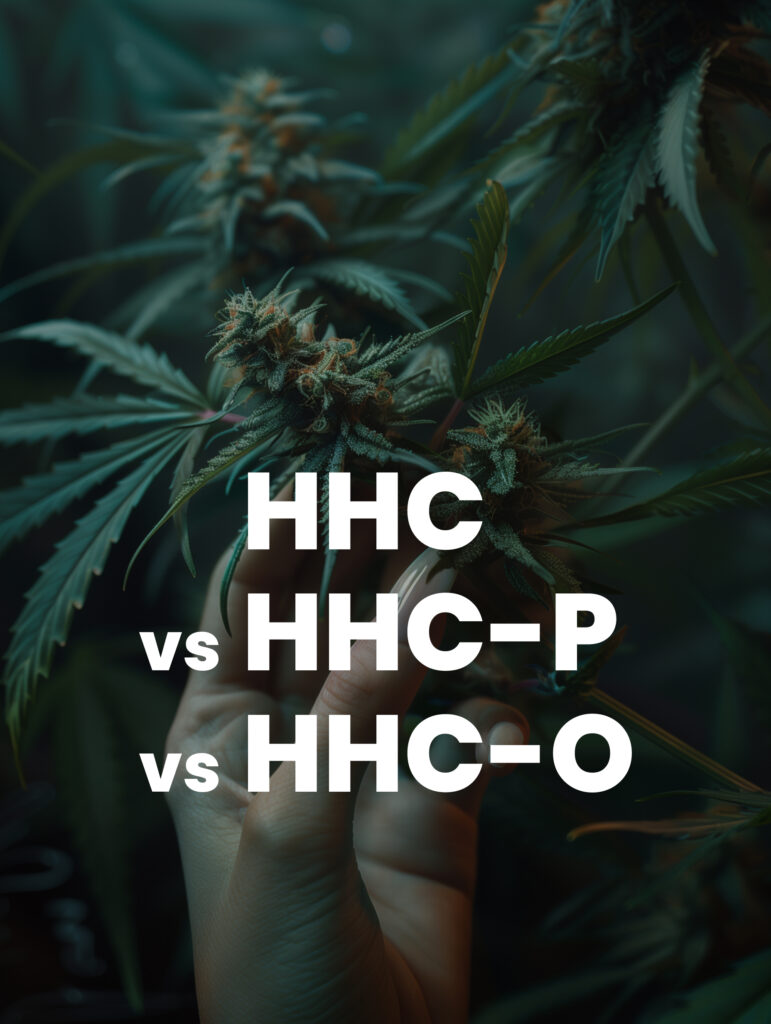
Key Takeaways
- HHC is a mild, potentially uplifting phytocannabinoid that offers a legally compliant alternative to delta 9 THC, but with modest psychoactive effects.
- HHCP provides awesome potency based on user reports, but clinical research lags behind. Supply chain transparency is crucial.
- HHC-O packs the biggest punch according to accounts, but carries more acute lung risks if vaped. Legality is questionable.
- All three remain highly understudied compounds with limited safety data available. Avoid vaping HHC-O entirely. Start will ultra-low doses of HHCP.
- HHC tends to be the most beginner-friendly introduction to hemp’s potential for recreation, while HHCP and HHC-O cater more to seasoned enthusiasts.
- Legal loopholes exist, and regulations continue to evolve around hemp cannabinoids. Carefully vet any HHC, HHCP or HHC-O products for purity.
A Beginner’s Intro to HHC
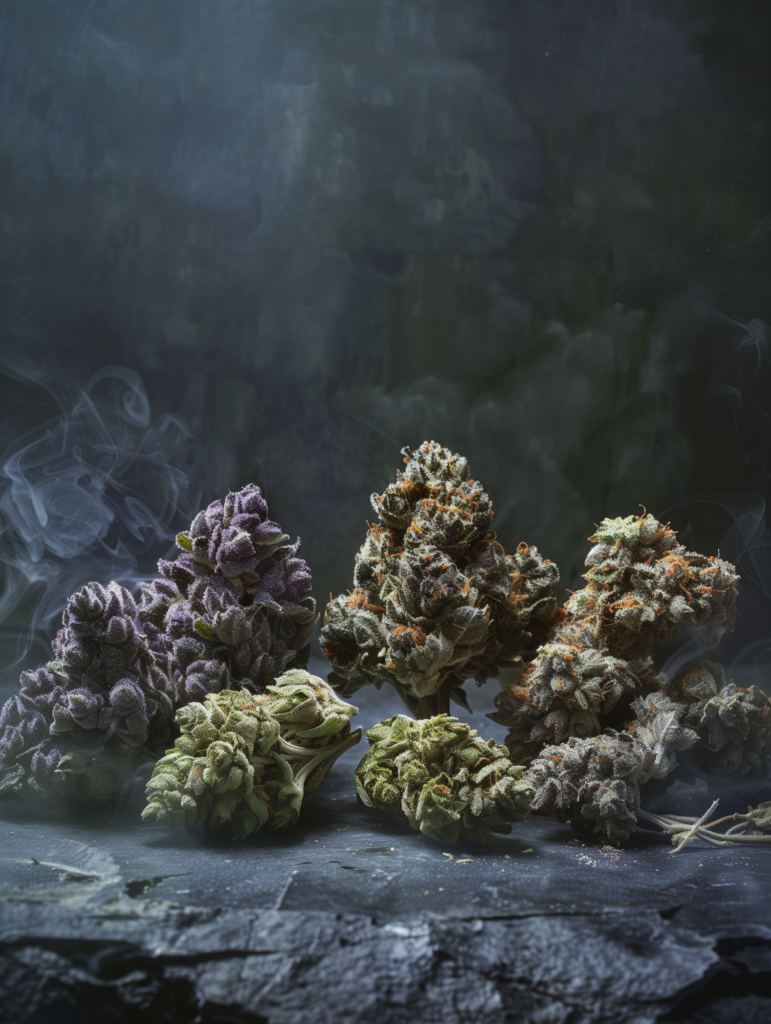
HHC, short for hexahydrocannabinol, is a cannabinoid that naturally shows up in tiny amounts in hemp plants. Since it’s not practical to extract HHC directly, producers use a multi-step process to convert the more common CBD into HHC. This involves adding hydrogen molecules using delta 8 THC in the middle.
American scientist Roger Adams first isolated HHC back in the 1940s when he was also studying CBD, CBN and delta 8 THC. But research on HHC stayed limited until recently as interest grew in minor hemp cannabinoids.
So what’s the deal with HHC? Here’s a quick rundown:
- Legal status: HHC is federally legal under the 2018 Farm Bill, as confirmed by a 2022 court ruling.
- Effects: HHC products like vapes and edibles give a milder high compared to delta 9 THC. Users report uplifting, dreamy effects not as intense as weed.
- Benefits: Some users feel physical relaxation or minor pain relief from HHC. But research is still minimal.
- Forms: Popular HHC options include vapes, edibles like gummies, tinctures, and flower.
- Dosing: Start low with HHC like 5mg edibles, and slowly increase as needed. Effects can take 1-2 hours to hit.
So in short, HHC offers a smooth, mellow buzz for folks seeking an accessible alternative to regular marijuana. It’s in between CBD and classic delta 9 THC.
Uncovering the Potent HHCP

HHCP, short for hexahydrocannabiphorol, is a lesser-known hemp cannabinoid still wrapped in mystery. We aren’t sure if HHCP exists naturally or is only made from other compounds.
Here’s an overview of what we know so far about the elusive HHCP:
- Chemistry: HHCP has an extended 7-carbon chain structure compared to THC’s 5-carbon tail. This likely causes it to bind more strongly to receptors, making it more potent.
- Products: Most HHCP products are vape cartridges blended with THCA, THCP, HHC and more. You can also find HHCP gummies, tinctures and flower.
- Effects: Based on its structure and user reports, HHCP seems way more potent than regular HHC. People describe powerful, long highs from HHCP similar to normal THC.
- Benefits: There’s very little scientific evidence about HHCP’s medical effects or benefits yet. Claims are speculative.
In summary, the enigmatic HHCP offers intense THC-like potency according to reports, but research lags behind the hype. Tread carefully until clinical insights catch up with real-world usage.
HHC-O Explored: The Acetate Contender

HHC-O, also known as HHC-O-acetate or HHCO, is the acetate ester analog of HHC. It’s produced by synthesizing HHC with acetic anhydride, introducing an acetate group not present on plain HHC. Unlike HHC and HHCP, HHC-O likely does not occur naturally.
Here are some key facts about this extra-potent HHC variant:
- Origins: HHC-O is technically a synthetic cannabinoid, rather than a naturally occurring hemp compound like HHC. This could present legal complications.
- Effects: Adding an acetate group appears to significantly intensify potency. Many users report HHC-O as stronger than delta 9 THC, with psychedelic properties.
- Forms: HHC-O vape cartridges, tinctures, edibles like gummies, capsules, flower, and more can be found, though quality varies.
- Risks: Thermal degradation may create toxic ketene gas if HHC-O is vaped. This poses serious lung health hazards. Avoid vaping HHC-O products.
- Benefits: There is minimal research into HHC-O’s effects and claims remain anecdotal. Further study is needed.
In summary, HHC-O provides ultra-potent effects according to most accounts but also carries greater risks requiring further investigation. Less is more with this heavy-hitter.
Comparing Potency and Effects

So how do HHC, HHCP and HHC-O stack up against each other when it comes to intensity and user experience? Here’s a brief head-to-head:
- HHC is generally the mildest of the three, producing effects most users liken to a smoother, toned-down version of delta 9 THC. It offers an accessible introduction to hemp’s potential for recreation and relaxation.
- HHCP appears far more powerful, rivaling or potentially exceeding delta 9 THC in potency, based on subjective reports. However, user reactions seem mixed, with its long-lasting effects not suiting everyone.
- HHC-O ranks as the heavyweight according to most accounts. The acetylation packs a hard punch, catapulting effects well beyond routine delta 9 THC into psychedelic territory. However, such potency comes with increased risks.
Of course, individual body chemistry and tolerance levels also play a major role. But in broad strokes, HHC provides a light buzz, while HHCP and especially HHC-O are best suited for seasoned users seeking new heights.
Navigating the Legal Landscape
In addition to variations in effects, HHC, HHCP and HHC-O differ in their legal status under the 2018 Farm Bill:
- HHC qualifies as a federally lawful hemp derivative due to its natural presence in plants. State laws may impose additional regulations, however.
- HHCP exists in a gray area since its origins are unproven. Some interpretations exclude synthetic cannabinoids from legal protection. HHCP’s murky status creates legal uncertainty.
- HHC-O is likely a wholly synthetic analogue. This disqualifies it from federal legal coverage as a lawful hemp compound under the most conservative readings of the Farm Bill.
As with delta 8 THC, fierce debate continues around these nuances. But in general, HHC sits in the most favorable position legally, while HHC-O faces the most exclusion and scrutiny. Be aware of laws in your own state as well.
Understanding Safety and Side Effects
Clinical research on HHC, HHCP and HHC-O remains sparse overall. Specific side effects and safety data are very limited. However, a few general insights can be gleaned:
- HHC appears well-tolerated among most, but not all, users. Some report dizziness, fatigue, or headaches, especially at higher doses. HHC vapes may cause dry mouth or throat irritation.
- HHCP has almost no safety studies, making potential side effects essentially uncharted territory. Anecdotal accounts suggest a tendency for anxiety or paranoia at high doses. Use extreme care.
- HHC-O carries the greatest acute risks if vaped, due to the threat of lung damage from ketene gas production. Consumption should be restricted to non-inhaled forms like edibles. Long-term safety remains unknown.
For all of these compounds, erring on the side of caution is prudent until more thorough safety research emerges. Never drive or operate hazardous machinery when under the influence.
Final thoughts
HHC, HHCP and HHC-O represent an exciting frontier in the ever-evolving hemp industry. But substantial research gaps remain, along with lingering legal gray areas in some cases.
For consumers, moderation is key. Seek well-tested cannabinoid and terpene-rich products from reputable, compliant brands. Confirm lab results for potency and purity. Start slowly with dosing and pay close attention to your body’s response.
Avoid potential respiratory risks from vaping HHC-O. Know your personal tolerance levels, and don’t operate heavy machinery while under the influence. Understand the laws in your own state.
With careful, informed use, these emerging hemp compounds hold intriguing potential. But as with any new frontier, those venturing forth should proceed with caution and manage expectations wisely. The future remains hazy, but prospects seem bright for ongoing hemp developments!
Frequently Asked Questions
What’s the difference between HHC, HHCP and HHC-O?
In brief:
- HHC is a naturally occurring hemp cannabinoid that offers mild, euphoric effects.
- HHCP is an ultra-potent but understudied HHC derivative of hazy origins.
- HHC-O contains added acetate for more intense effects, but may pose lung risks if vaped.
Can HHC, HHCP or HHC-O cause a failed drug test?
Yes, it is possible to test positive for THC after using any of these hemp cannabinoids, since drug screens don’t differentiate specific types of THC metabolites.
Are HHC products federally legal? What about HHCP or HHCO?
HHC qualifies as a legal hemp derivative under the 2018 Farm Bill, while HHCP and HHC-O face more uncertainty due to their potentially synthetic nature. Laws continue to evolve.
What’s the best way for new users to consume these cannabinoids?
Start with the absolute lowest dosage and increase slowly as needed. This is especially important with ultra-potent HHCP and HHC-O. Avoid vaping HHC-O.
Do HHC, HHCP or HHC-O have proven medical benefits?
No, there are currently no rigorous studies demonstrating therapeutic effects of these compounds. Anecdotal claims remain scientifically unproven.
How do I ensure I’m getting a pure, high-quality product?
Carefully vet manufacturers, read third-party lab test results, and confirm the product contains what it claims. Reputable, transparent brands are a must.
The statements on this blog are not intended to diagnose, cure, treat or prevent any disease. FDA has not evaluated statements contained within the blog. Information on this website or in any materials or communications from Inheal is for educational/informational purposes only and is not a substitute for medical advice, diagnosis, or treatment. Please consult your healthcare provider before making any healthcare decisions, correct dosage or for guidance about a specific medical condition.

A connoisseur of cannabis creativity and true contemplation with more than 20 years of experience, Chris extracts deep thoughts from getting lightly baked and shares his wandering mind. He blends cuisine and cannabis culture into nutritious, delicious recipes and insights for other hemp lovers.
Related Posts

Is HHC Stronger Than Delta 8

HHC vs Delta 9

What is HHC? Understanding Hexahydrocannabinol

Comparing HHC vs Delta 8: Which is Right for Me? – Inheal

Is HHC Legal in Your State? Everything You Need To Know

Will HHC Show Up On A Drug Test? The Comprehensive Guide

Guide to Microdosing HHC for Focus, Creativity, and Wellness

The Fine Art of Making THC-A Diamonds from Rosin

Exploring Terpene Profiles of Popular THCA Strains
All Posts



